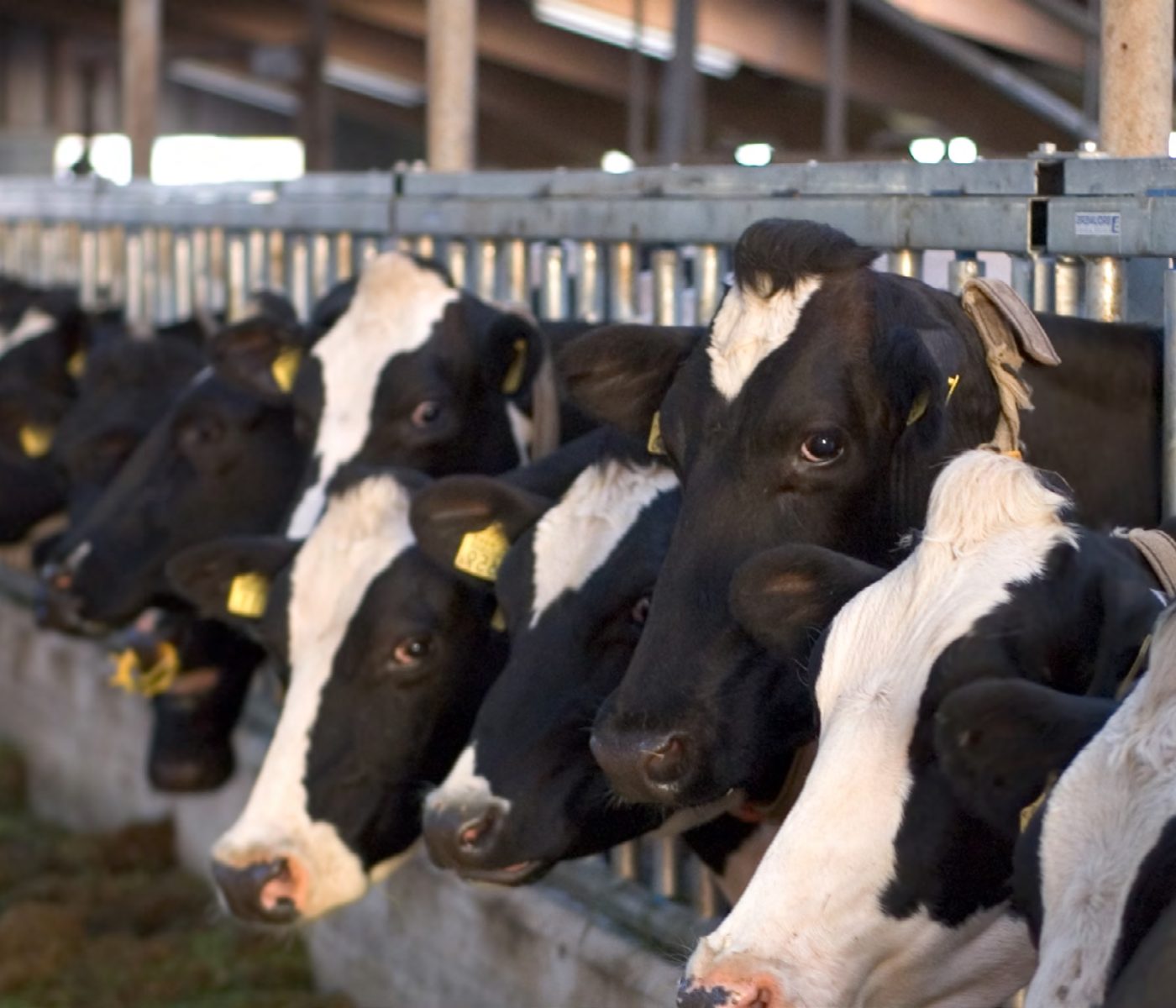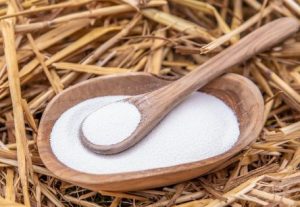 30 May 2024
30 May 2024
The Food and Drug Administration (FDA) has approved a groundbreaking feed additive, Bovaer (3-NOP), designed to significantly reduce methane emissions from lactating dairy cows. This move could enable dairy producers to earn revenue through voluntary carbon markets. Elanco, the company behind Bovaer, announced that this feed additive meets all safety and efficacy standards set for lactating dairy cattle.
Elanco has been researching and developing Bovaer for over 10 years. The product, already available in more than 55 countries including the European Union, is set to make a significant impact in the U.S. market following this approval. Earlier this year, Canada also moved to approve Bovaer.

Bovaer is a powdered supplement added to animal feed, which works by inhibiting a cow’s ability to produce methane during digestion. According to Elanco, feeding each cow one tablespoon of Bovaer per day can reduce annual methane emissions by 30%, equivalent to eliminating 1.2 metric tons of carbon dioxide.
Jeff Simmons, president and CEO of Elanco Animal Health, praised the FDA’s decision:
“This monumental announcement has the ability to accelerate the opportunity for climate-neutral dairy farming while creating a new revenue stream for dairy farmers across the country. We appreciate the FDA’s commitment to maintaining high standards for science-based review while balancing the need to quickly bring solutions to the market.”
Methane emissions from cattle digestion and manure account for about 4.5% of total U.S. emissions, or roughly 45% of agricultural emissions nationally, according to the University of Wisconsin-Madison. Several startups have attempted to address this issue through novel supplements, but regulatory delays have previously hindered their ability to enter the U.S. market. The FDA’s recent steps to accelerate the approval process for animal feed additives aim to address these delays.

Dairy farmers using Bovaer can also generate additional income through carbon credits. Elanco has partnered with Athian, a marketplace for dairy farmers to sell carbon credits. By using Elanco’s digital tool UpLook, farmers can quantify their emissions reductions and certify carbon credits on Athian’s platform.
This approval builds on Elanco’s history of pioneering solutions in animal health. In 2018, the FDA approved Elanco’s Experior, a product designed to reduce ammonia emissions from beef cattle, marking the first time the agency approved an animal drug to reduce gas emissions from livestock or their waste.
Dimitri de Vreeze, CEO at dsm-firmenich, which partnered with Elanco to fast-track Bovaer’s approval in the U.S., highlighted the product’s transformative potential:
“Bovaer holds the key to a transformative shift in the global dairy sector, and launching this feed ingredient in the U.S. after years of dedicated research, trials, and industry collaboration is a testament to its global potential.”
The approval of Bovaer by the FDA is seen as a critical step in reducing the carbon footprint of dairy farming. This development not only supports environmental sustainability but also offers economic benefits to farmers through enhanced feed efficiency and participation in carbon markets. The USDA’s support, including $90 million in conservation grant funding, further underscores the importance of this initiative in moving towards climate-neutral dairy farming.
You may also like to read: “Dairy companies take the forefront in emissions reduction”
Subscribe now to the technical magazine of animal nutrition
AUTHORS

Nutritional Interventions to Improve Fertility in Male Broiler Breeders
Edgar Oviedo
The Use of Organic Acids in Poultry: A Natural Path to Health and Productivity
M. Naeem
Synergistic Benefits of Prebiotics and Probiotics in Poultry, Swine, and Cattle
Gustavo Adolfo Quintana-Ospina
Hybrid Rye Potential in Laying Hen Feed Rations
Gwendolyn Jones
A day in the life of phosphorus in pigs: Part I
Rafael Duran Giménez-Rico
Use of enzymes in diets for ruminants
Braulio de la Calle Campos
Minerals and Hoof Health in the Pregnant Sow
Juan Gabriel Espino
Impact of Oxidized Fats on Swine Reproduction and Offspring
Maria Alejandra Perez Alvarado